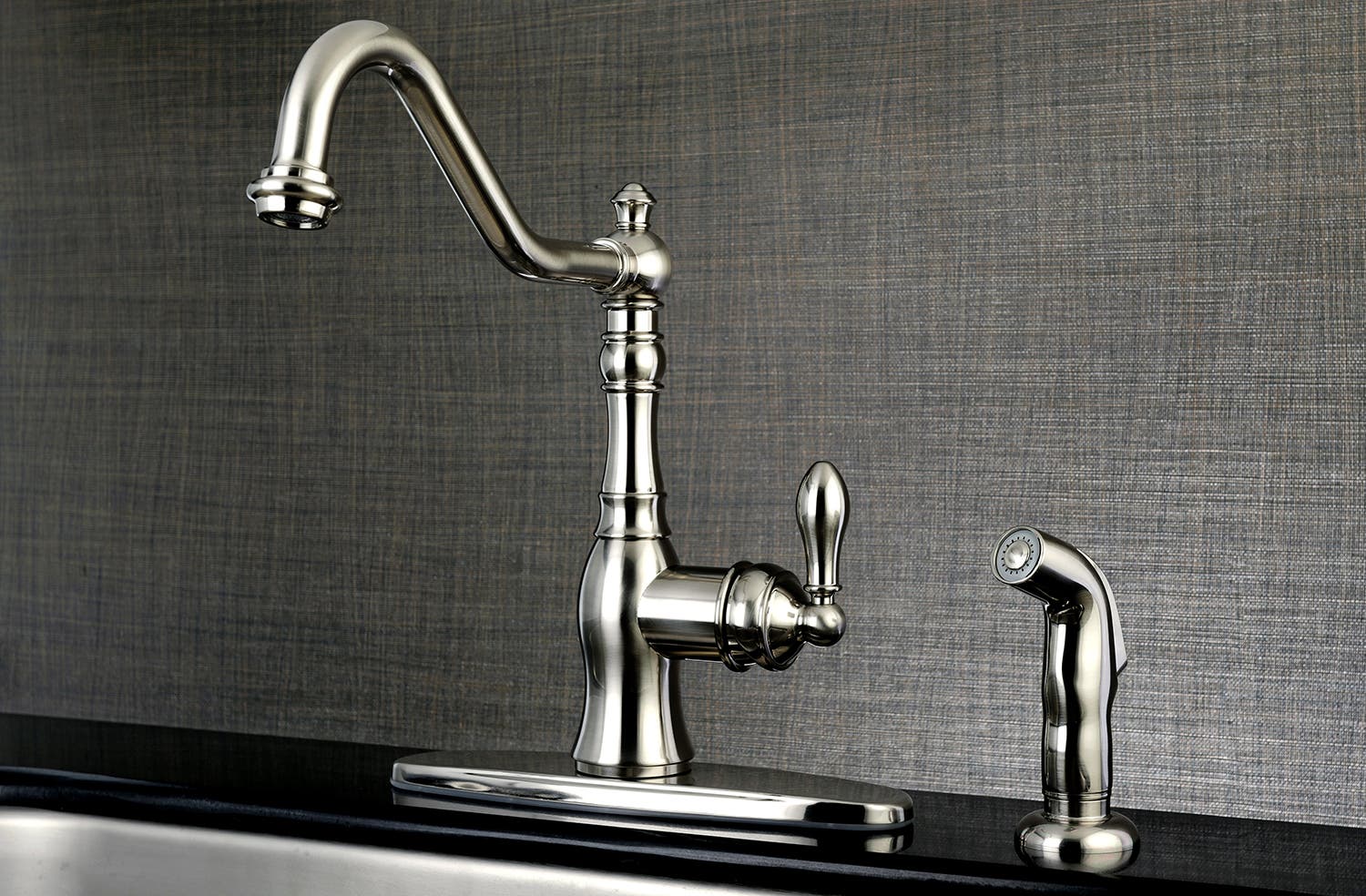Get PRO Pricing
Get [PRO] Pricing

With most kitchen appliances, fixtures and other design features, you should make the decision on what’s right for your space based on style, durability and affordability – and countertops are no exception. Kitchen designers will tell you there are many different types of countertop materials, and they all have strengths and weaknesses. There’s not one material that stands out as the best, but if you consider your specific needs, you’ll be able to choose which type of counter you want to install in your kitchen. Here are some of the most common countertop materials, and some of their pros and cons:
Granite
Granite is by far one of the most commonly used countertop materials. Granite comes in a variety of color options, it can have either a polished or matte finish and it can range in price from more affordable to very expensive depending on the type you choose. What’s really great about granite is that it’s very durable, will last a long time without needing to be replaced and is heat-resistant. Plus, if you’re ever thinking of selling your home, potential homebuyers like to see granite countertops when deciding to buy a house. Granite is porous, so it will need to be regularly resealed but is otherwise easy to maintain.
Marble
Marble is very similar to granite in style and material, since they’re both natural stone. Though durable and long-lasting, marble is a little more fragile than granite, and won’t deal as well with harsh wear and tear. Like granite, marble also requires regular resealing for the most long-lasting results.
Butcher block
Butcher block counters are becoming more common in modern homes, since they’re stylish and versatile. What’s great about butcher block and other wood countertops is that they are easily fixed in the event of scratches or stains, since they can be sanded. They’re useful for people who cook a lot, since the surface can be used for cutting without damaging or dulling knives. Wood counters do require regular oiling and specific cleaning and maintenance procedures, though, as they can become damaged by water and heat.
Solid surface materials
Solid surface countertops are popular because they come in a huge array of styles and colors, they’re seamless and they are resistant to most damage, scratches and stains. However, solid surface counters are pretty expensive and not as heat-resistant as other materials.
Stainless steel
Stainless steel counters are one of the most sanitary choices, since they’re antibacterial and easily cleaned. Steel is pretty expensive, but it’s completely heat-resistant and otherwise very durable. Plus, the material will complement stainless steel kitchen sinks and other fixtures and appliances nicely. Though durable, if the steel gets scratched or dented it’s a lot harder to fix than other materials.
Laminate
Laminate is the most inexpensive of all countertop materials, but it also likely won’t last quite as long as others since it’s made of a thin sheet of wood covered in a plastic coating. The more expensive the laminate, the more scratch-resistant and stain-resistant it will be, but most laminates are very susceptible to heat damage.
Don’t forget that it’s OK to mix and match countertop materials! Many people design kitchens with a small section of butcher block or marble to create a permanent cutting or baking area.
